How to Know If Your Commercial Dishwasher Isn’t Functioning Properly
April 7, 2021
It’s easy to lose sight of the importance of well-functioning equipment in a commercial kitchen. However, anytime there’s a minor or major issue with restaurant equipment, its importance becomes abundantly clear. That’s especially true of commercial dishwashers. Normally, they’re part of the background noise of a busy kitchen, and when that noise goes silent, productivity can grind to a halt. To prevent a sudden shutdown in your commercial kitchen, you’ll want to keep tabs on how your commercial dishwasher is functioning. Here are six signs to look out for that may signal that your dishwasher needs servicing.
1. The Water Temperature isn’t as High as It Needs to Be
If you’re using a high-temp dishwasher, water temperatures must reach 165 degrees for a stationary rack and 180 degrees for any other rack type. If you’re noticing less steam or heat from the dishwasher, you could have an issue with your water supply or with your booster heater. Even low-temp dishwashers need a minimum of 120-degree water to effectively clean and sanitize dishes. You should test temperatures with test strips to ensure you are in compliance. Health codes have very strict requirements about water temp, so you’ll want to address the issues before your next inspection.
2. You Notice Your Dishwasher Leaking Water
If you notice moisture pooling around the dishwasher, you could have gasket, hose, pump, or drain problems. If you have a condensation hood not running right, you could have extra condensation from the dishwasher collecting on the floor. This could be a dangerous safety hazard if it continues to accumulate.
3. Plates and Cups are Stained After Being Washed
A commercial dishwasher not performing well is one of the top reasons to call for a diagnostic service visit. If you use a chemical (low-temp) dishwasher, you may need to change or increase the amount of chemicals you use, check for blocked spray arms, or check the thermostat. If you use a high-temp washer, you may have hard water, a faulty thermistor, or you may have inadvertently tripped the booster or wash tank high limit. Both of these will need to be reset by an authorized technician.
4. You Notice Rust on or Around the Equipment
Commercial dishwashers use a lot of water, and water plus metal can equal rust over time. You may have spots where water pools or sits, leading to rusting. Limescale buildup in the boiler and rinse tanks may also contribute to rusting. Regular maintenance, including deliming the machine, will extend life to keep from replacing these components and improving the function of your dishwasher considerably.
5. The Control Panel isn’t Working
If you find yourself having to press the control panel buttons multiple times to start a cycle, you may have an issue with the control board overlay. Overlays go out over time due to constant use. Also, most control boards are sensitive to power surges, so if you’ve had one in your commercial kitchen, it could affect the functionality of your dishwasher.
6. The Dishwasher is Not Draining or Filling Properly
First, check for drain obstructions like food, bones, or utensils that might be blocking the water flow. The drain screen should be checked and cleaned every shift. If it’s clear, check the water inlet valve. Do you see a dirty filter screen? This can affect inlet valve operation. If you still have problems with filling and draining, it could be signs of mechanical failures and should also be checked by a licensed professional
to diagnose and fix the problem.
Need Assistance with Your Commercial Dishwasher?
If you’ve noticed any of these issues cropping up with your commercial dishwasher, it may be time to bring in an expert you can trust. ATECH is committed to repairing and maintaining your commercial equipment quickly, efficiently, and effectively. To help you keep a regular schedule for servicing your commercial kitchen equipment, reach out to us for a planned maintenance visit today.
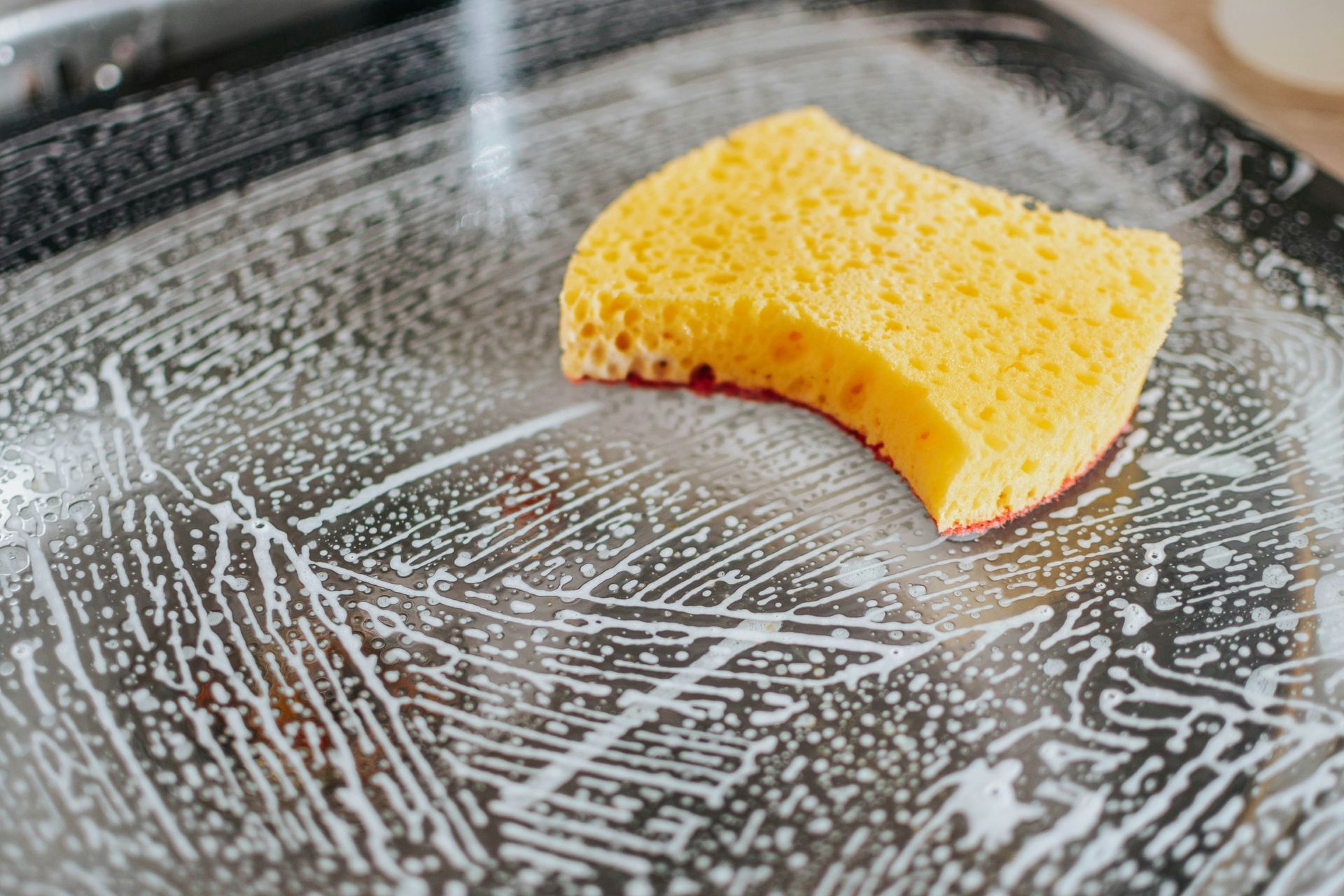
As the season changes and springtime blooms, it's the perfect opportunity to refresh and rejuvenate your restaurant space. Spring cleaning isn't just about tidying up; it's about ensuring a safe, welcoming environment for your patrons and staff. In this blog post, we'll explore some essential tips and best practices for restaurant cleanliness in the springtime. Embrace Deep Cleaning : Spring cleaning is the ideal time to tackle those deep cleaning tasks that may have been neglected during the busier seasons. From scrubbing floors and walls to deep cleaning kitchen equipment, thorough sanitation ensures a hygienic environment for food preparation and service. Focus on High-Traffic Areas : Pay special attention to high-traffic areas such as dining areas, restrooms, and entryways. These areas are prone to accumulating dirt, dust, and germs, making regular cleaning essential for maintaining a pristine appearance and preventing the spread of illness. Refresh Outdoor Spaces : If your restaurant has outdoor seating areas, spring is the perfect time to freshen them up. Clean outdoor furniture, sweep away debris, and power wash outdoor surfaces to create an inviting atmosphere for al fresco dining. Check and Replace Equipment Filters : Don't forget to inspect and replace filters in HVAC systems, refrigeration units, and ventilation hoods. Clean filters help maintain air quality and prevent the buildup of contaminants, ensuring a healthy indoor environment for both customers and staff. Engage Staff in Cleaning Initiatives : Encourage staff members to take pride in the cleanliness of the restaurant by involving them in spring cleaning initiatives. Assign specific tasks and provide training on proper cleaning procedures to ensure consistency and effectiveness. Implement Regular Maintenance Schedule : Establish a regular maintenance schedule to keep up with cleaning tasks throughout the year. By incorporating daily, weekly, and monthly cleaning routines, you can maintain a high standard of cleanliness and prevent the accumulation of dirt and grime. Invest in Quality Cleaning Products : Choose cleaning products that are effective yet environmentally friendly. Look for products that are certified as safe for use in foodservice establishments and follow manufacturer recommendations for proper application and usage. Monitor and Adjust Cleaning Protocols : Continuously monitor cleaning protocols and adjust as needed based on feedback, customer traffic, and changing regulations. Regular evaluation ensures that your cleaning practices remain effective and in compliance with industry standards. Spring cleaning is an essential aspect of restaurant maintenance that goes beyond just aesthetics. By implementing thorough cleaning routines, engaging staff members, and investing in quality cleaning products, you can create a safe, hygienic environment that enhances the dining experience for your customers and promotes a healthy work environment for your staff. As you embark on your spring cleaning journey, remember that ATECH is here to support you with a wide range of cleaning and maintenance solutions tailored to meet the unique needs of your restaurant. Happy spring cleaning!

Winter is here, and at ATECH, we understand the unique challenges businesses face in keeping their commercial equipment running smoothly during the colder months. In this comprehensive guide, we'll delve into the strategies, tips, and success stories that can help your business navigate winter effortlessly. From equipment maintenance to emergency services, consider this your go-to resource for mastering winter with ATECH. Winter Equipment Maintenance Tips Checklist for Winter-Ready Equipment: Inspect Seals and Gaskets : Ensure a tight seal to prevent cold air leakage. Check Insulation : Evaluate the insulation of walk-in coolers and freezers. Clean and Sanitize : Thoroughly clean and sanitize all equipment surfaces. Temperature Adjustment : Set optimal winter temperatures for each piece of equipment. ATech Maintenance Tips for Different Equipment: Fryers and Grills : Clean and inspect burners for efficient operation. Ice Machines : Check water lines for insulation and replace filters regularly. Heating Systems : Schedule preventive maintenance to optimize efficiency. Electronic Equipment : Keep spaces well-heated and clean to prevent malfunctions. Businesses often grapple with specific equipment failures that can disrupt operations. ATECH understands the challenges posed by heating system malfunctions, electronic equipment performance, and other issues during the colder months. To tackle these common winter-related failures, businesses should prioritize preventive measures. Regular heating system maintenance checks and air filter replacements can prevent malfunctions. For electronic equipment, maintaining ambient room temperature and conducting routine cleaning are key strategies to ensure optimal performance throughout winter. ATECH's Winter Services: A Lifeline for Your Business Winter demands a proactive approach to equipment maintenance, and ATECH stands as the lifeline for businesses navigating the challenges of the season. Our comprehensive winter services go beyond mere repair and include prompt equipment repairs, planned maintenance, and emergency services. With a commitment to same-day service for urgent winter emergencies, ATECH ensures that businesses can rely on swift resolution during critical times. What sets us apart is our team of factory-trained and CFESA-certified technicians, offering not just reliability but a dedicated partnership to keep your business running smoothly through the coldest months. Trust in ATECH, your lifeline in the winter business landscape. Winter doesn't have to be a season of uncertainty for your business. With ATECH by your side, you have a reliable partner dedicated to providing top-notch equipment repairs and maintenance services. Master winter with confidence, knowing that our comprehensive guide and expert services are here to support your business every step of the way. For personalized winter readiness assessments and expert guidance, contact ATECH today. Let's navigate winter together, and keep your business thriving.

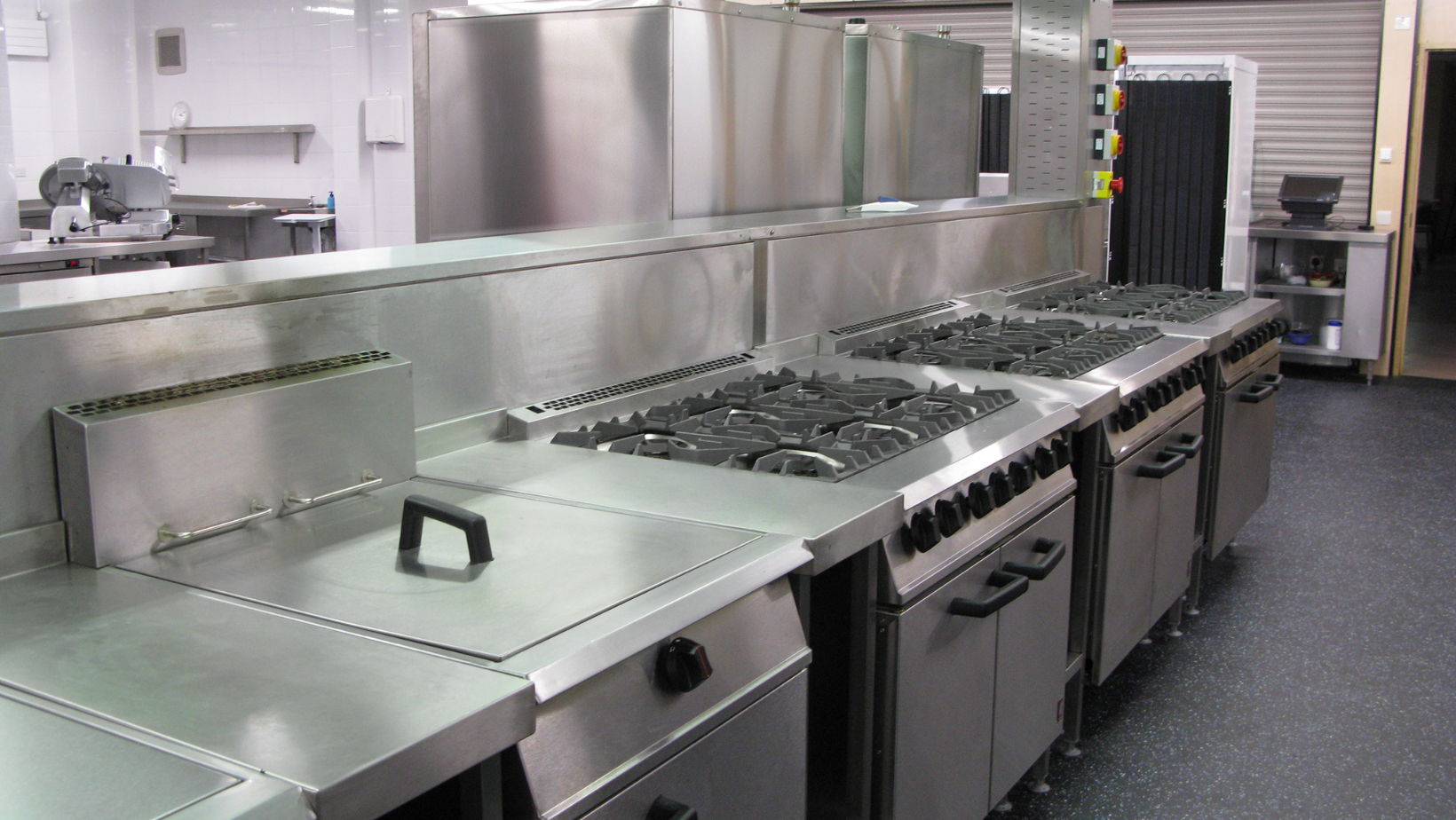
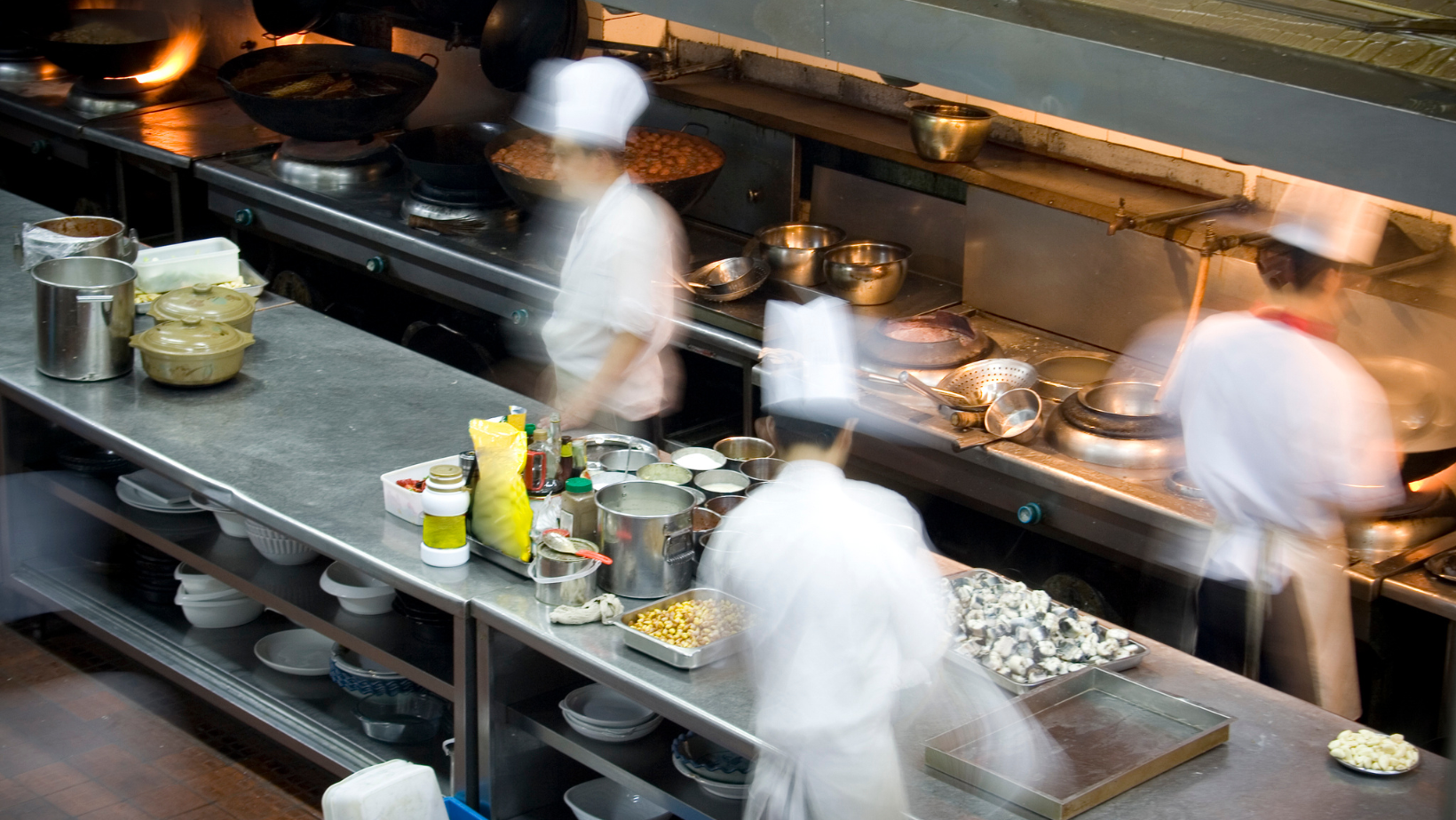

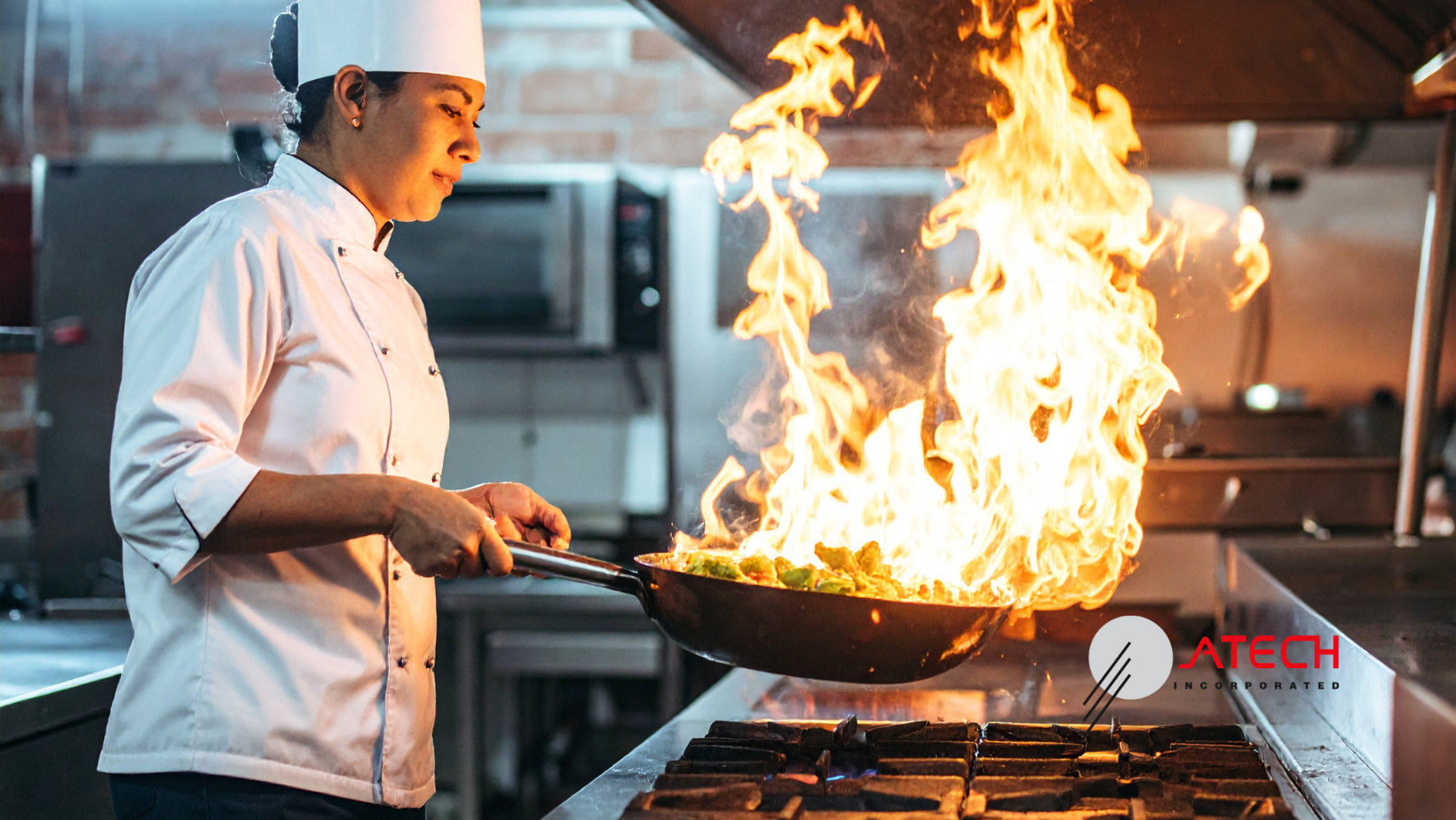


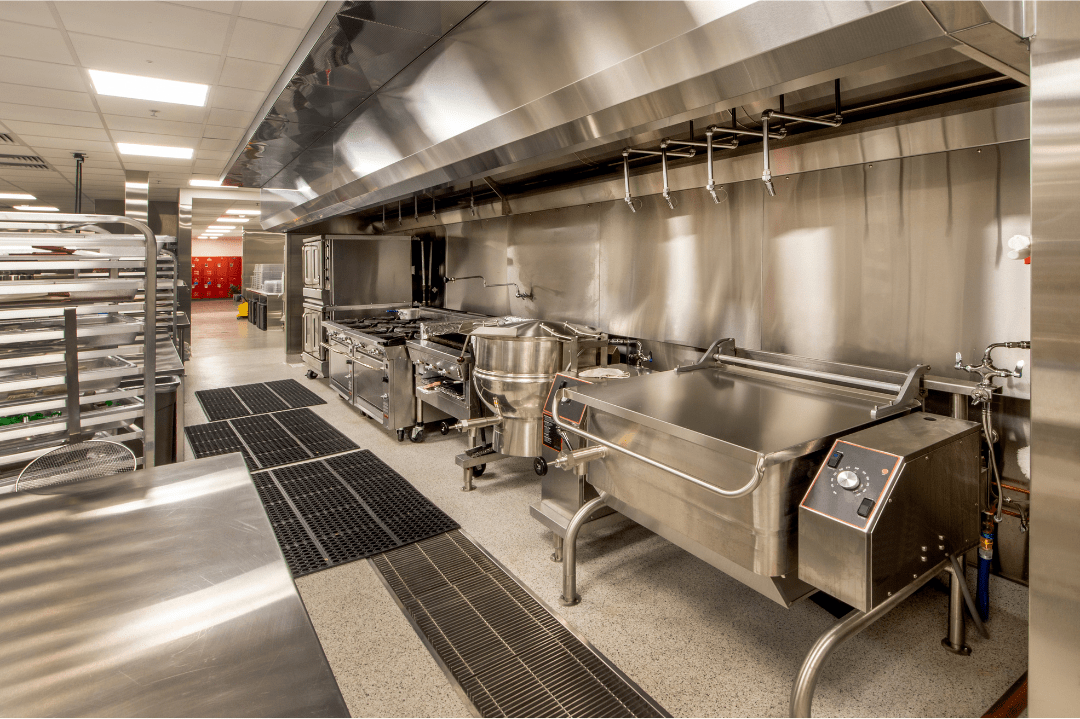
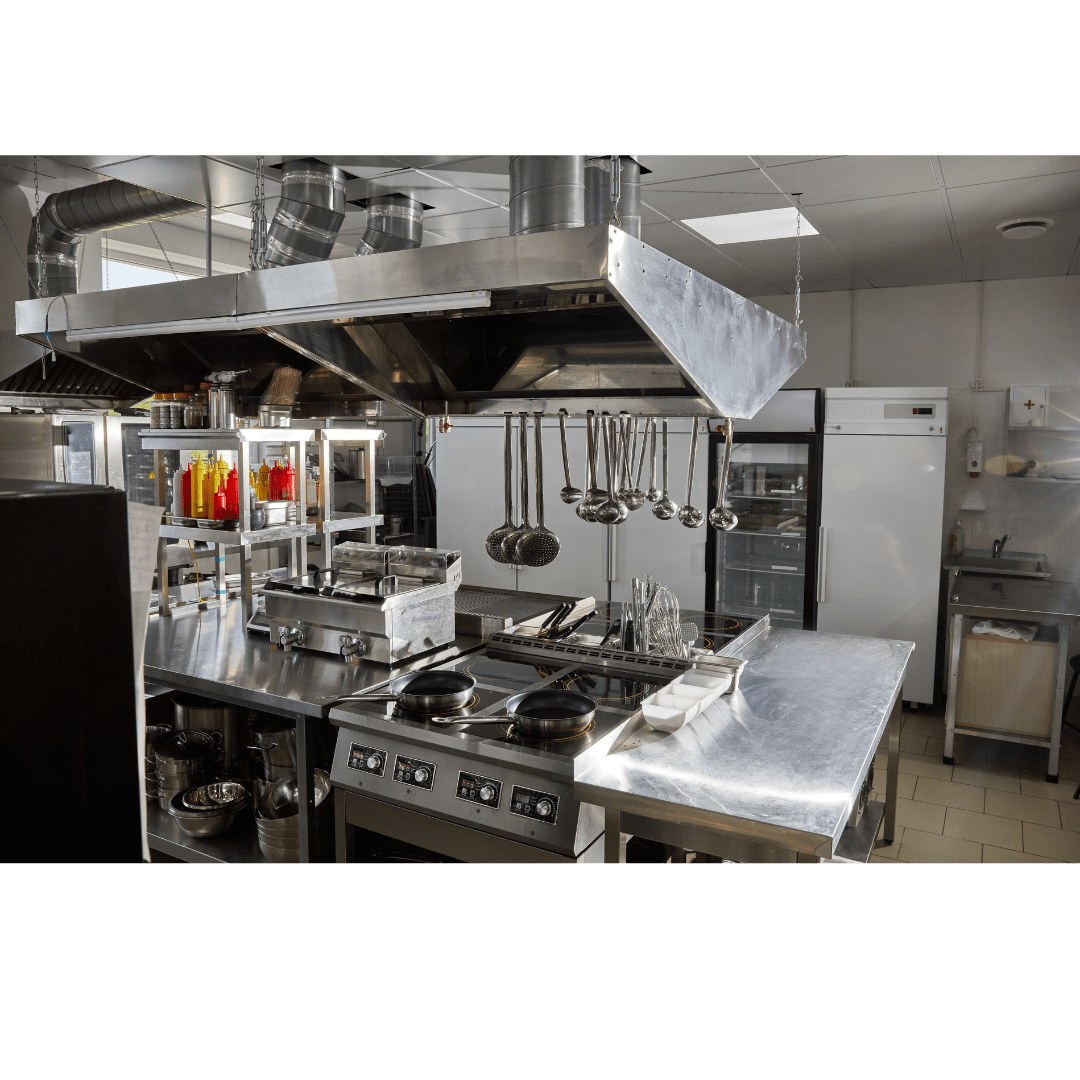
Share On: